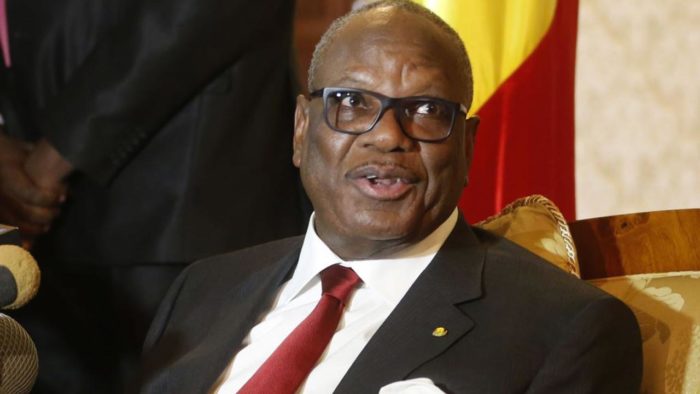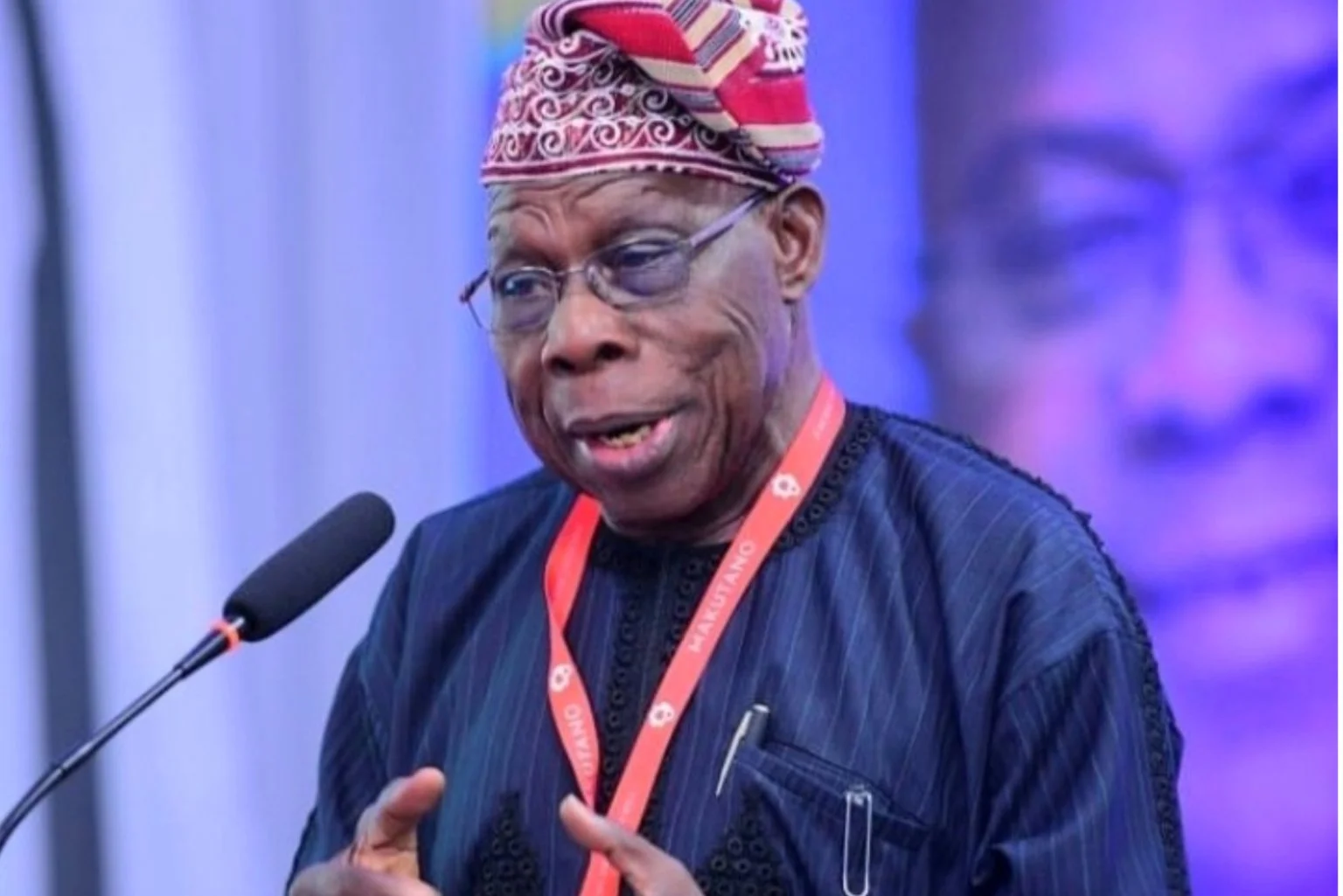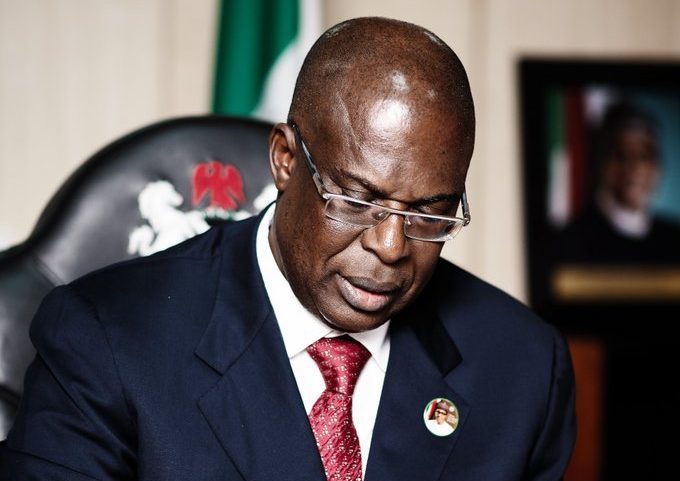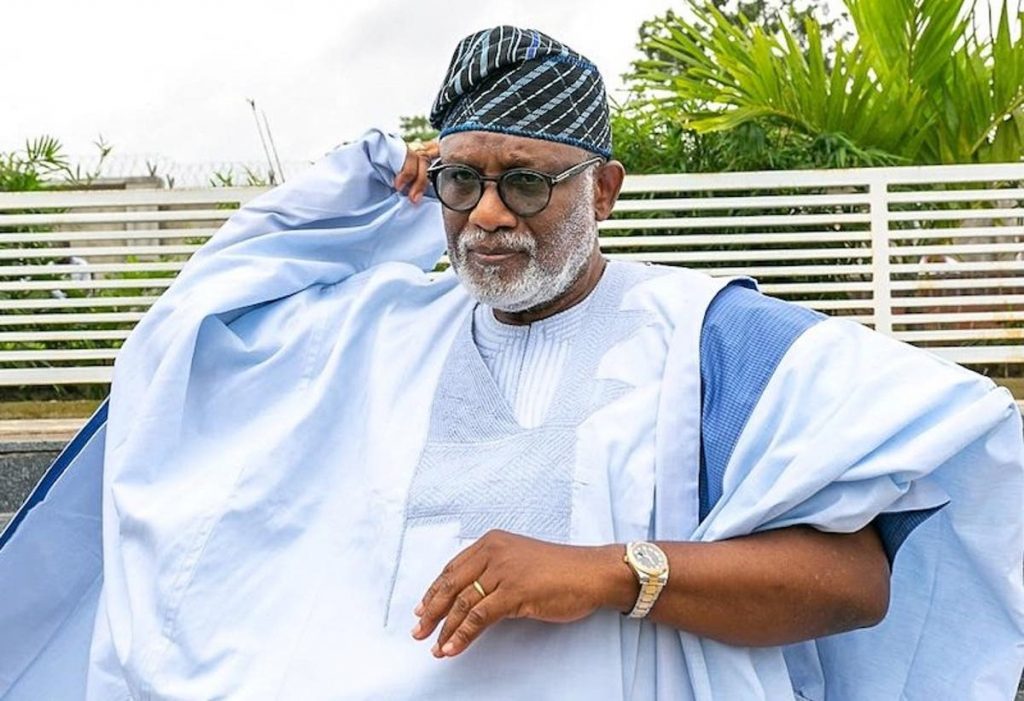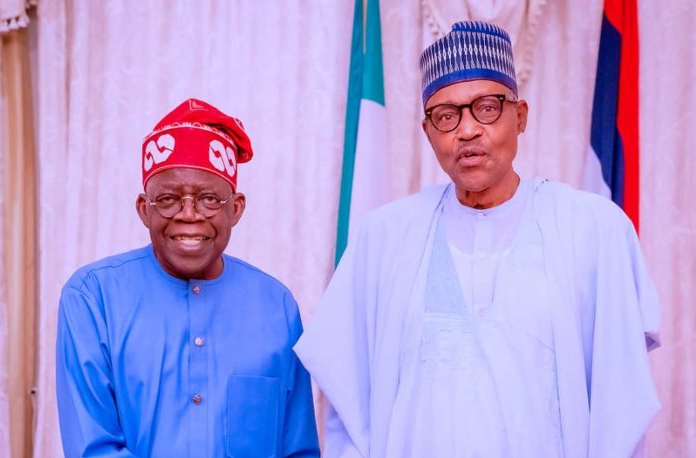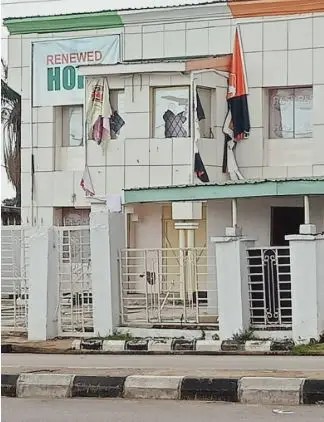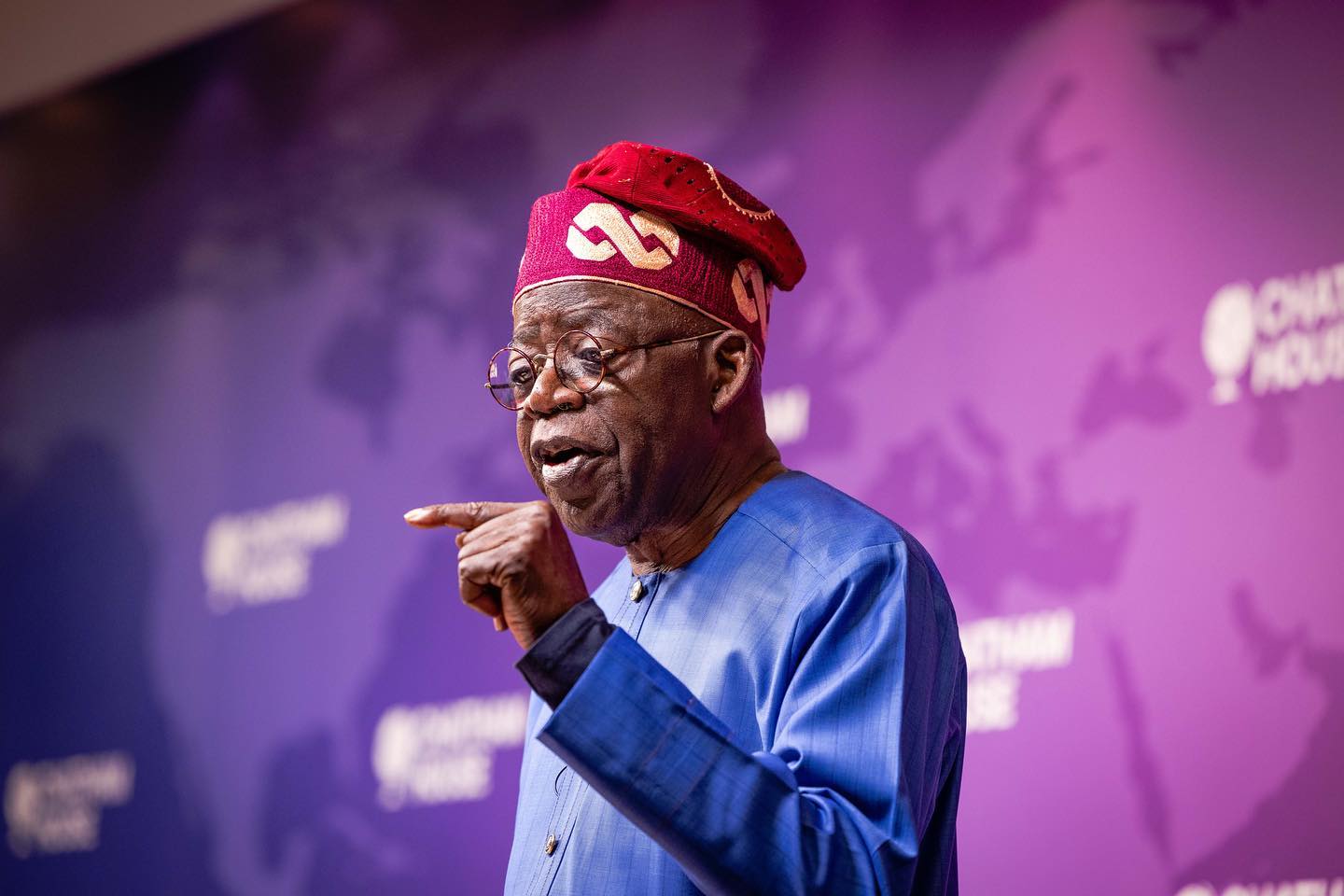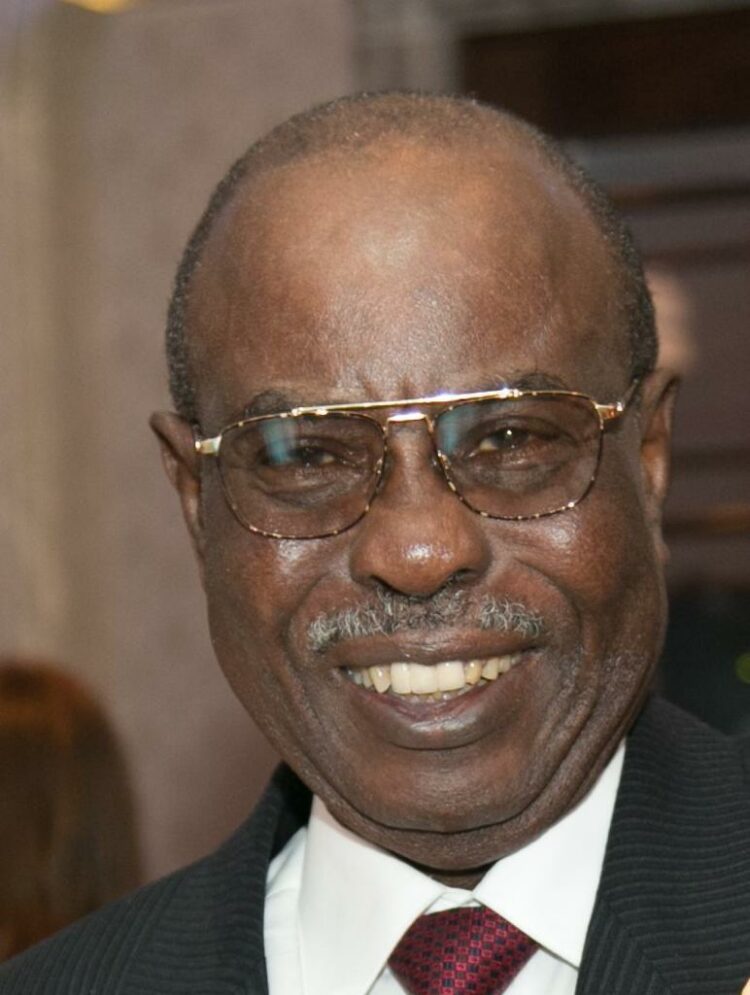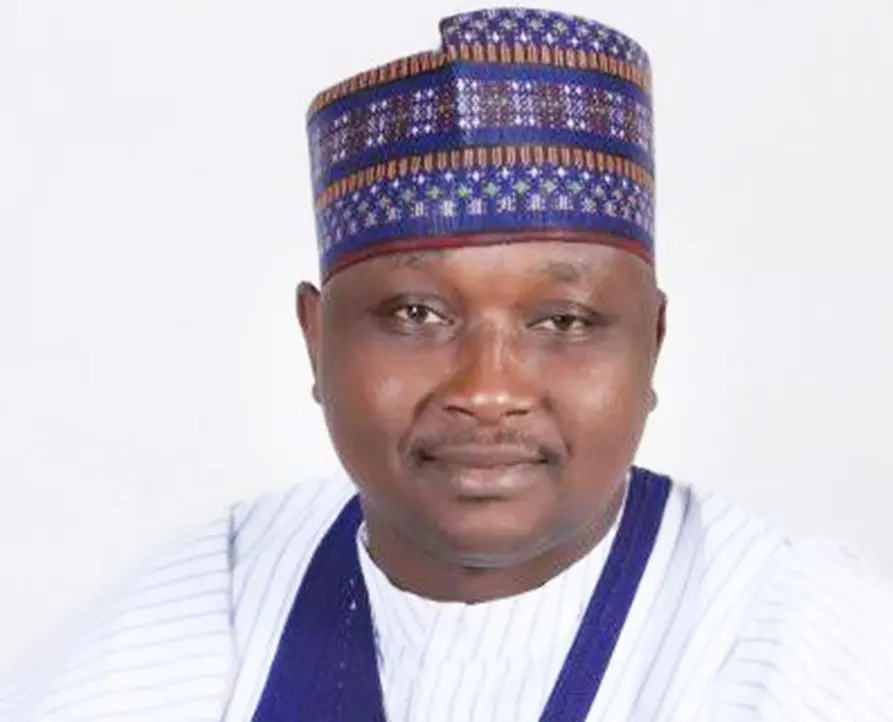Mali’s President Ibrahim Boubacar Keita and Prime Minister Boubou Cisse were detained by mutinying soldiers on Tuesday night, worsening a national crisis in a country already grappling with a jihadist insurgency and mass protests.
The two leaders were taken into custody in an apparent mutiny, army officer Sidi Gakou told Newsmen.
Earlier on Tuesday, soldiers took up arms at the military base in Kati, a town 15 kilometers (nine miles) from Bamako, and began arresting senior military officers and civil servants.
The Economic Community of West African States (ECOWAS) on Tuesday said soldiers had launched a “mutiny” and urged them to immediately return to their barracks.
Read Also: Mali Opposition Rebuffs Buhari, ECOWAS Over GNU Proposal
“This mutiny comes at a time when, for several months now, ECOWAS has been taking initiatives and conducting mediation efforts with all the Malian parties,” the 15-nation bloc said in a statement.
Speculations suggest that Colonel Sadio Camara could be behind the military uprising. It has also learned that several high-ranking politicians and officials have been arrested, including the Minister of Finance Abdoulaye Daffe and the chief of staff of the National Guard.
Rebel troops surrounded Keita’s private residence that evening and fired shots into the air before taking the leader into custody.
Cisse, who had earlier urged the soldiers to lay down their arms after the uprising kicked off, was also seized. One of the prime minister’s staff said the pair were being held at the army base in Kati.
Soldiers were then spotted moving freely through Bamako — a sign that they were making gains in the capital.
The national radio station ORTM was evacuated. According to ORTM employees, a column of possible putschists is said to be on its way to the station.
Anti-government protests linked to M5 began in July over what they say are failures to restore security and deal with corruption. At least 14 people have been killed in the recent unrest, according to the United Nations and human rights activists.
The French and Norwegian embassies in the West African country reacted quickly, urging people to stay inside their homes in response to the unrest.
The French Foreign Ministry later condemned the mutiny “in the strongest terms” and urged the Mali military to return to barracks. Over 5,000 French troops are stationed across the Sahel region that includes Mali to counter jihadi violence.
The mutiny came after months of political crisis following the fallout from Mali’s parliamentary elections. In March, opposition leader Soumaila Cisse was kidnapped three days ahead of the first round of votes.
On election day, the abduction of officials, trashing of polling stations and a deadly mine explosion marred the votes.
The second round of votes, in April, was disrupted in the country’s volatile north and central areas. Later, Mali’s constitutional court overturned the results of some 30 seats, a move that was advantageous for 10 candidates in President Keita’s party.
In June, public anger at the government’s handling of the elections spilled onto the streets in the capital Bamako. The June 5 Movement Rally of Patriotic Forces, known as M5-RFP, have held further anti-government protests, with many demanding Keita resign. Fourteen people were killed during protests in July.
Kati saw a mutiny in 2012 that led to a coup d’etat that ousted then-President Amadou Toumani Toure and contributed to the fall of northern Mali into the hands of jihadi militants.
AFRICA DAILY NEWS, NEW YORK

